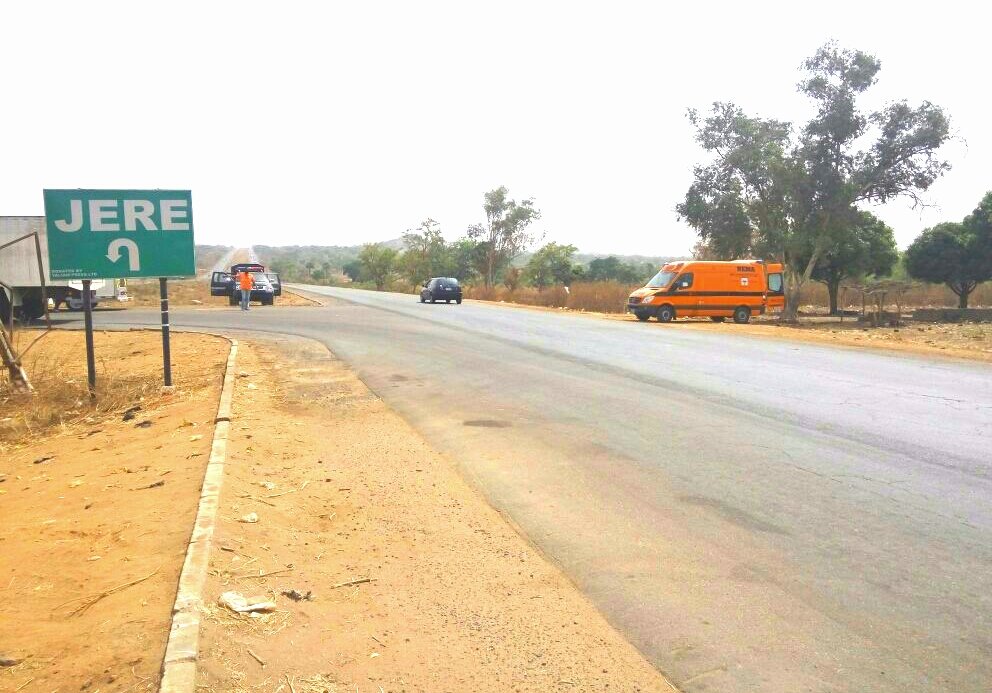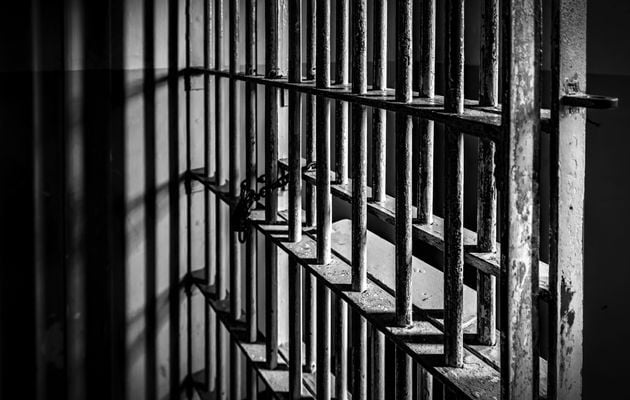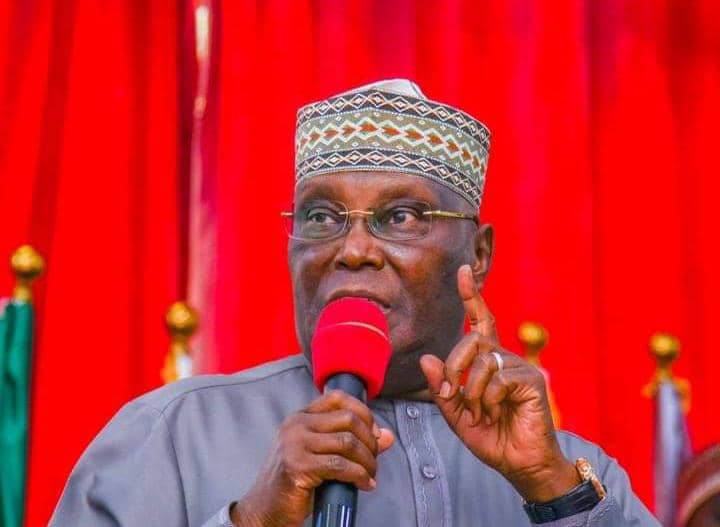On Thursday, news broke of an attack on a train along the Abuja-Kaduna rail track. Suspected bandits damaged a section of the track and shattered the window of the driver’s compartment on the train.
The incident, said to have occurred around 8pm on Wednesday, involved a train which took off from the Idu station at 6pm and was en route to Kaduna.
Fear gripped passengers after a loud bang — suspected to be caused by an explosive device — led to the shutdown of the train’s engine. The train’s lights and air conditioning system were shut off, while passengers were stranded for more than three hours.
Another train eventually reached the passengers at about 12am which conveyed them to the station at Rigasa in Kaduna.
Advertisement
A similar incident was said to have played out the next day and Shehu Sani, a former senator representing Kaduna central, said it “took a miracle” for them to escape.
“Yesterday, terrorists attacked the Kaduna Abuja railway with an explosive & opened fire on the train, targeting the Engine Driver & the Tank,” Sani had tweeted.
Following the development, the Nigerian Railway Corporation (NRC) shut down services on the Abuja-Kaduna route.
Advertisement
RUSH FOR THE TRAINS
The obvious commute between the nation’s capital and Kaduna, a north-western state, is by road. That was the popular means until the Abuja-Kaduna train project was completed shortly after President Muhammadu Buhari assumed power in 2015 — the project was started by the administration of former President Goodluck Jonathan.
The rail service did not record a huge number of passengers when it initially started, but it began recording a surge from about late 2017. With repeated abductions on the Abuja-Kaduna highway and millions of naira paid as ransom, it was not unexpected that more people would turn to rail transport.
In 2019, Rotimi Amaechi, minister of transportation, said the daily passenger traffic on the Abuja-Kaduna rail line had tripled.
Advertisement
“The actual number of passengers that the service can take for the sitting capacity is about 1,000 plus, but we are carrying 3,700 people daily. The reason we allowed standing on the Abuja-Kaduna train is the insecurity that has made it unbearable to insist on sitting,” he had said.
WITH ROAD AND RAIL UNSAFE, WHAT NEXT?
The UK government’s travel advice lists the Abuja-Kaduna highway as “particularly prevalent” for criminal activities. The US also lists Kaduna as a high risk area due to kidnapping.
Despite repeated directives by the president on adopting a “crushing response” against bandits and security deployment to the area, the attacks on the highway have continued.
Advertisement
With hundreds of persons kidnapped on the highway over the past months — including the very recent abduction of the Emir of Bungudu — while a wealthy few may turn to private aircraft to commute between Kaduna and the FCT since it is not a commercial route, there are speculations on if airlines will see a change in their operations to include Abuja-Kaduna flights.
Meanwhile, Aero Contractors, on Friday, denied reports that it was offering a N14,000 promo for passengers interested in travelling from Abuja to Kaduna.
Advertisement
“We are using this medium to inform the entire public that Aero had earlier suspended operations on that route. We urge our customers to ignore such rumours,” Abdullahi Mahmood, chief executive officer of the airline, said in a statement.
With commercial flights unavailable — and inaccessible to many who may be unable to afford the fares — residents say there is a need for urgent security intervention in the area, especially for travellers.
Advertisement
‘WE’RE IN BIG TROUBLE’
Sunday Oibe, a community leader in Kaduna, expressed concern over the security situation and called on the federal government to improve on efforts to ensure safety.
Advertisement
“Nigerians are in serious dilemma because the Abuja-Kaduna road is a gateway to the north-west. There should be massive security deployment to flush out the bandits,” he said.
“We have to be really careful, because if these criminals can bomb rail track, we are in for big trouble. No, we cannot travel freely from Kaduna to Abuja anymore.
“The security agencies have to double their efforts to secure the road. The question is why it has been difficult to flush out these people on that axis. The federal government must do everything to secure that road and indeed highways across Nigeria.”
Also commenting on the security situation and how it will affect passengers, Nasir Danbatta, a journalist in Kaduna, said government needs to be more focused.
“This is the consequence of not taking action at the appropriate time. Government and security agencies may be doing their best, but it seems they were lax in ensuring that the Kaduna-Abuja road is safe,” he said.
“While the train was operating, they were expected to do well by making the road safer. They relied heavily on making the train as an alternative means of travelling and did nothing about the security and safety on the road.
“Besides insecurity, the road is dilapidated. The criminals terrorising the road were not dealt with efficiently at the appropriate time. The negligence of the challenge on the road also gave criminals the opportunity to regroup and try to attack the train.
“As it is now, you can’t travel to Abuja. The government must take drastic action to address the situation.”
Section 14(2)(b) of the 1999 constitution (as amended) provides that “the security and welfare of the people shall be the primary purpose of government, and the participation by the people in their government shall be ensured in accordance with the provisions of this constitution”.
Although repairs have concluded on the damaged tracks, and the NRC has announced that Abuja-Kaduna train services will resume on Saturday, the use of rail transport still appears like an escape from the reality of the security challenges along the Abuja-Kaduna highway.
With the train attack — which appears to be a new dimension considering the reported use of explosives — the government has more to do to ensure safety of travellers.
The national assembly has asked the president to declare bandits or kidnappers as terrorists, so they can be dealt with accordingly. But while many wonder if changing the nomenclature will improve security, it remains the government’s duty — as provided for in the constitution — to keep its citizens safe.
1 comments








before i thought those calling blacks monkeys are insulting blacks but now i realised that blacks africans are worst than monkeys, how can idiots attacks free moving train ? how can politics becomes so stupid like this